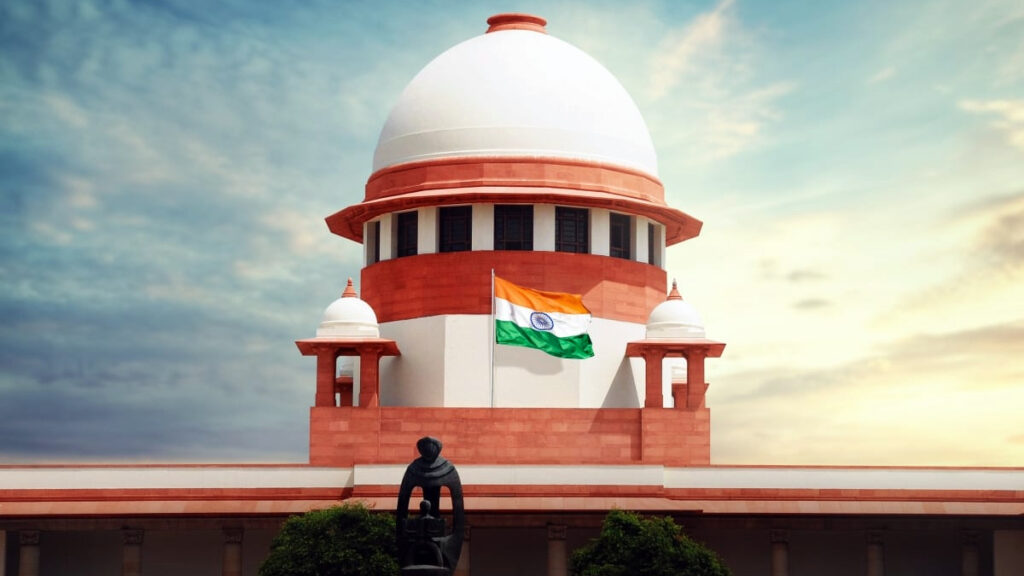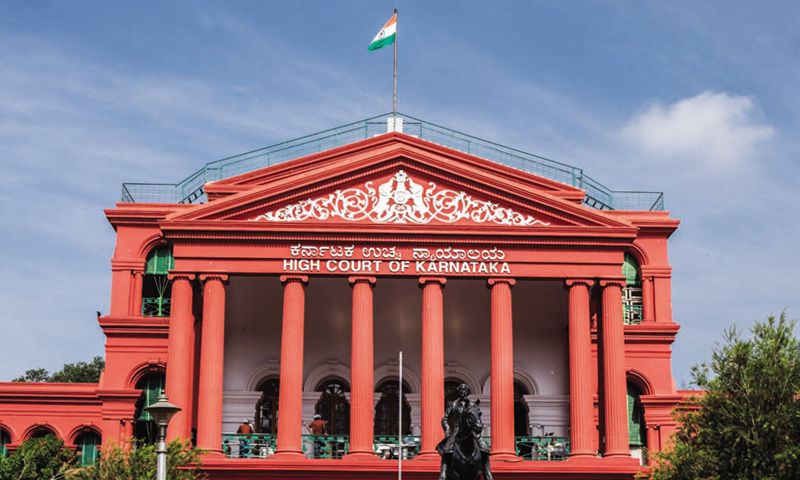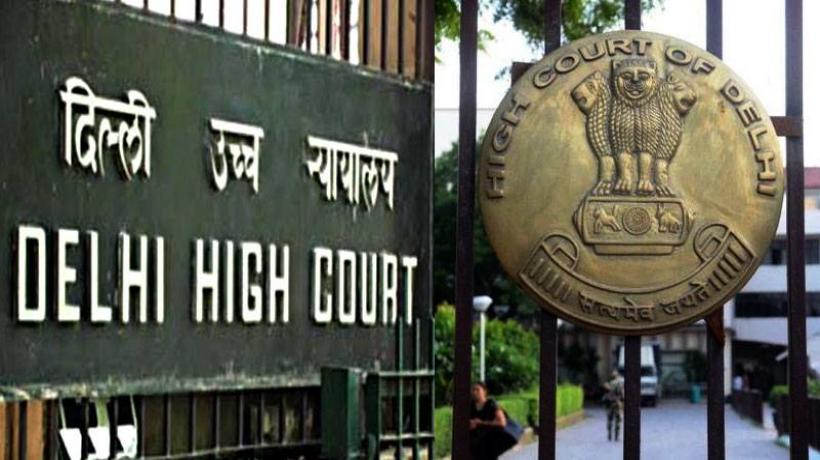
Supreme Court Declines Stay on CEC Act: Ensures Continuity Ahead of Elections
Last Updated on March 22, 2024 by News Desk
Introduction:
The Supreme Court of India, in a recent ruling, refused to grant a stay on The Chief Election Commissioner and Other Election Commissioners (Appointment, Conditions of Service and Term of Office) Act, 2023 (CEC Act). This Act, which governs the appointment process and service conditions of the Chief Election Commissioner (CEC) and other Election Commissioners (EC), had faced challenge in light of its departure from a previous Supreme Court directive. The case, initiated by Dr. Jaya Thakur and others, raised concerns over the composition of the selection committee and its potential implications on the independence of the Election Commission.
Issue:
The central issue revolved around whether the CEC Act, which replaced the previous method of executive appointments with a selection committee comprising the Prime Minister, a Union Cabinet Minister, and the Leader of the Opposition in the Lok Sabha, was constitutionally sound. The petitioners argued that this new arrangement could compromise the independence of the poll body, contrary to earlier court directives.
Rule:
The Supreme Court cited the historical practice of executive appointments to emphasize that the Election Commission had functioned effectively even without a specific law governing appointments. Justices Sanjiv Khanna and Dipankar Datta pointed out that the previous directive calling for the inclusion of the Chief Justice of India (CJI) in the selection committee was made in the absence of a governing law. With the enactment of the CEC Act, the Court indicated a shift in its approach, prioritizing adherence to the established legal framework.
Application:
While acknowledging the concerns raised by the petitioners regarding the composition of the selection panel, the Court highlighted the need to respect the legislative process. It noted the urgency of maintaining stability and continuity, especially with the upcoming Lok Sabha elections. Despite criticism of the expedited appointment process, the Court declined to intervene, emphasizing the importance of upholding the enacted law.
Conclusion:
The Supreme Court’s decision not to stay the CEC Act underscores its commitment to upholding legislative processes and ensuring continuity in electoral governance. While acknowledging the concerns raised by the petitioners, the Court prioritized adherence to the established legal framework, signaling a shift in approach from previous directives issued in the absence of specific legislation.
Written by — Athi Venkatesh




